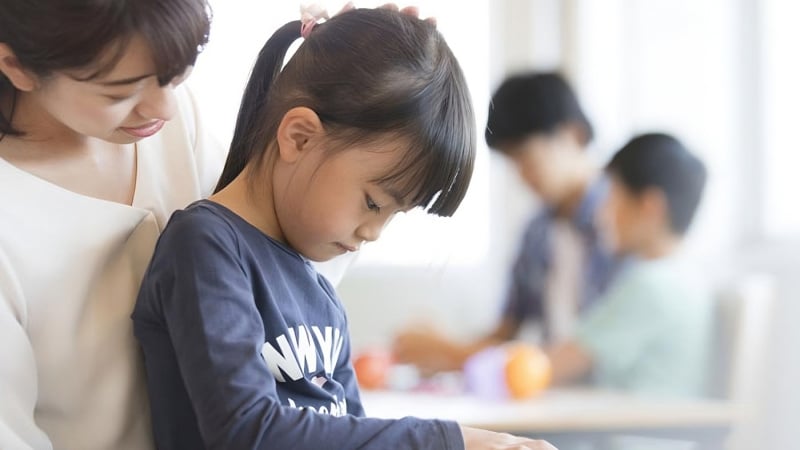Family dynamics can be complex, and it’s not uncommon for people to exhibit a “cold at home, warm in public” attitude. This refers to individuals who may be short-tempered and distant with their family but polite and friendly to outsiders.
1. The Impact of Family on Personality
A common paradox in modern society is the phenomenon of individuals being outwardly amicable and courteous to colleagues and strangers but exhibiting impatience and coldness towards their own family members. This “cold at home” attitude can lead to unfavorable family interactions and unforeseen consequences.
2. Understanding the Contrasting Behaviors
2.1 Parental Conflicts and Their Impact on Children
Parents serve as role models for their children, and their relationship significantly influences a child’s development and personality formation. When parents argue and inadvertently involve their children, it places an undue burden on the child to act as a mediator. Due to their young age, they may struggle to please both parties, leading to suppressed emotions throughout their childhood.

Parental conflicts can lead to children keeping their distance
As these children grow up and venture into the outside world, they may tend to maintain a distance from their family, trying to avoid and disregard their parents. This, coupled with generational gaps and differing perspectives, can further alienate children from their parents and grandparents.
2.2 Lack of Affection in “For Your Own Good” Parenting
In many families, especially those following East Asian cultural traditions, parenting styles tend to be controlling and imposing rather than listening and understanding. Being restricted, forbidden, or punished with the rationale of “it’s for your own good” can cause children to build emotional defenses, creating walls instead of bridges in their relationships with their parents. As they grow older, they may come to believe that their family is not a safe space to express their true desires and emotions.
Consequently, when these individuals interact with a diverse range of people in society, they may exhibit positive and kind behavior towards strangers while displaying contrasting behavior within their family. They firmly believe that whatever they say will be dismissed by their parents, gradually leading to a reluctance to share their thoughts and feelings.

Imposing parenting styles can lead to undesirable family interactions
3. Not Holding Back with Family and Overindulgence
A common mindset is the notion that family is a place where one can unload all their frustrations and irritations. Individuals may present a polite and tolerant front to the outside world, enduring criticism and gossip, only to unleash their pent-up emotions on their family members. This attitude often stems from overindulging and spoiling children, always emphasizing the importance of being polite and respectful to outsiders.
Rarely are children taught to apologize to their parents, to be patient and listen to their elders, or to express love and kindness to their family. Being overindulged and constantly forgiven for their behavior, children may believe that their family will always accept and forgive them, no matter their attitude. Consequently, they may develop into adults who are polite in society but emotionally distant within their family.
3. Learning to Love within Your Home
Kindness should not be reserved solely for outsiders to maintain a facade of perfection. Similarly, family should not be the dumping ground for our frustrations after a long day in the outside world. Instead, “home is where you return to.” Family interactions can be improved with simple acts like apologizing, actively listening and responding, or even just greeting each other upon returning home.

Let your children feel loved and understood
When it comes to children, it’s essential to raise them with a balanced approach—loving them unconditionally while also setting boundaries and respecting their emotions. What they say may not always be correct or align with your views, but it’s important to allow them to express their thoughts and guide them gently toward more suitable behaviors. Family should bring out the best in us, not just what’s left of us after facing the trials of the world.





































